Home – Carbon Projects – Improved Cookstoves in India
Improved Cookstoves in India
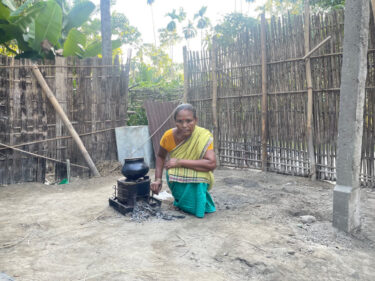
Home – Carbon Projects – Improved Cookstoves in India

This project distributes improved cookstoves to low-income households in Assam and Madhya Pradesh, replacing traditional open-fire cooking with cleaner, more efficient technology. By reducing fuelwood consumption, enhancing indoor air quality, and easing pressure on local forests, the project delivers meaningful climate, health, and livelihood benefits across rural communities.
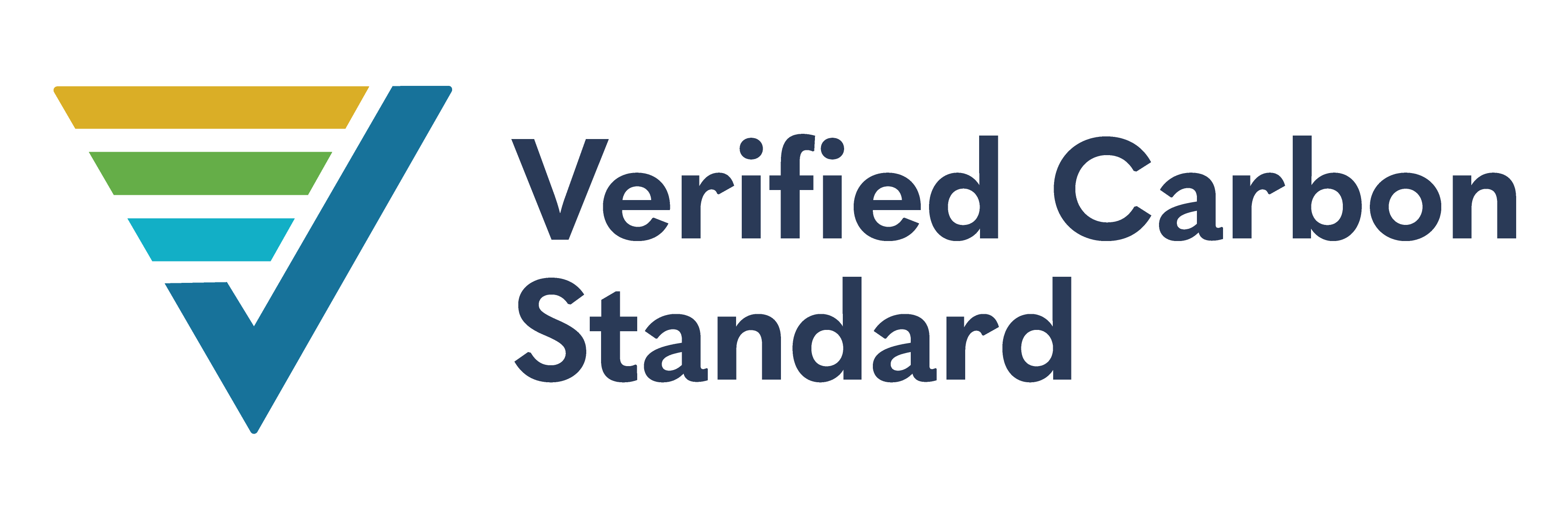
Location: Assam and Madhya Pradesh, India
Project type: Carbon Avoidance – Clean Cooking
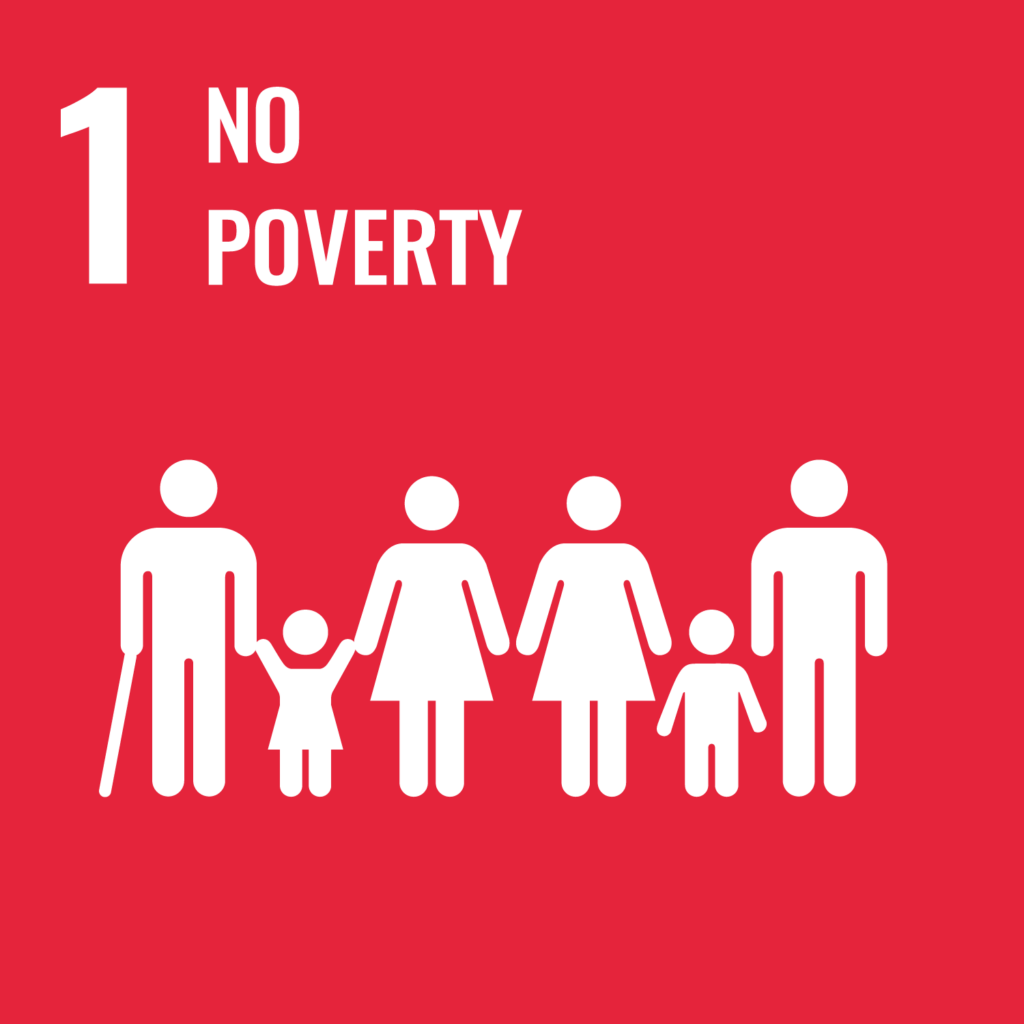
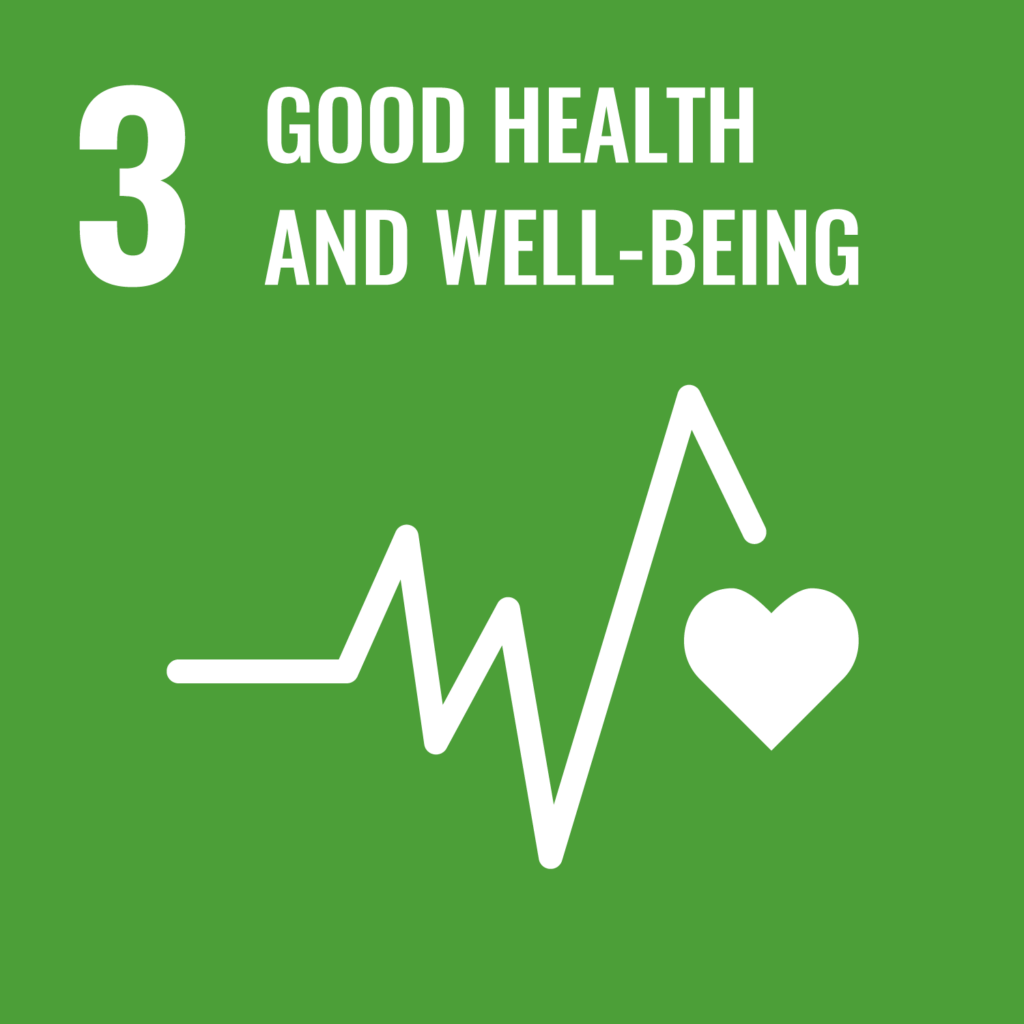
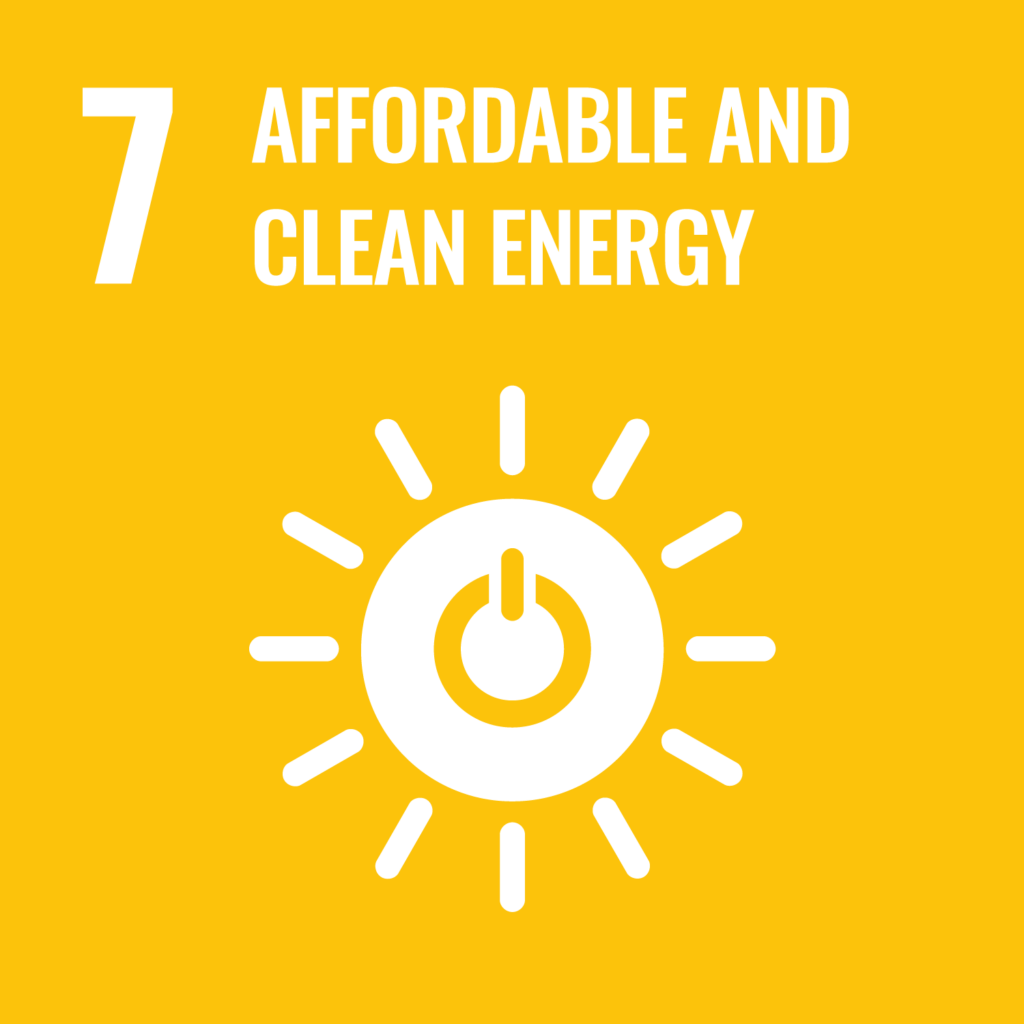
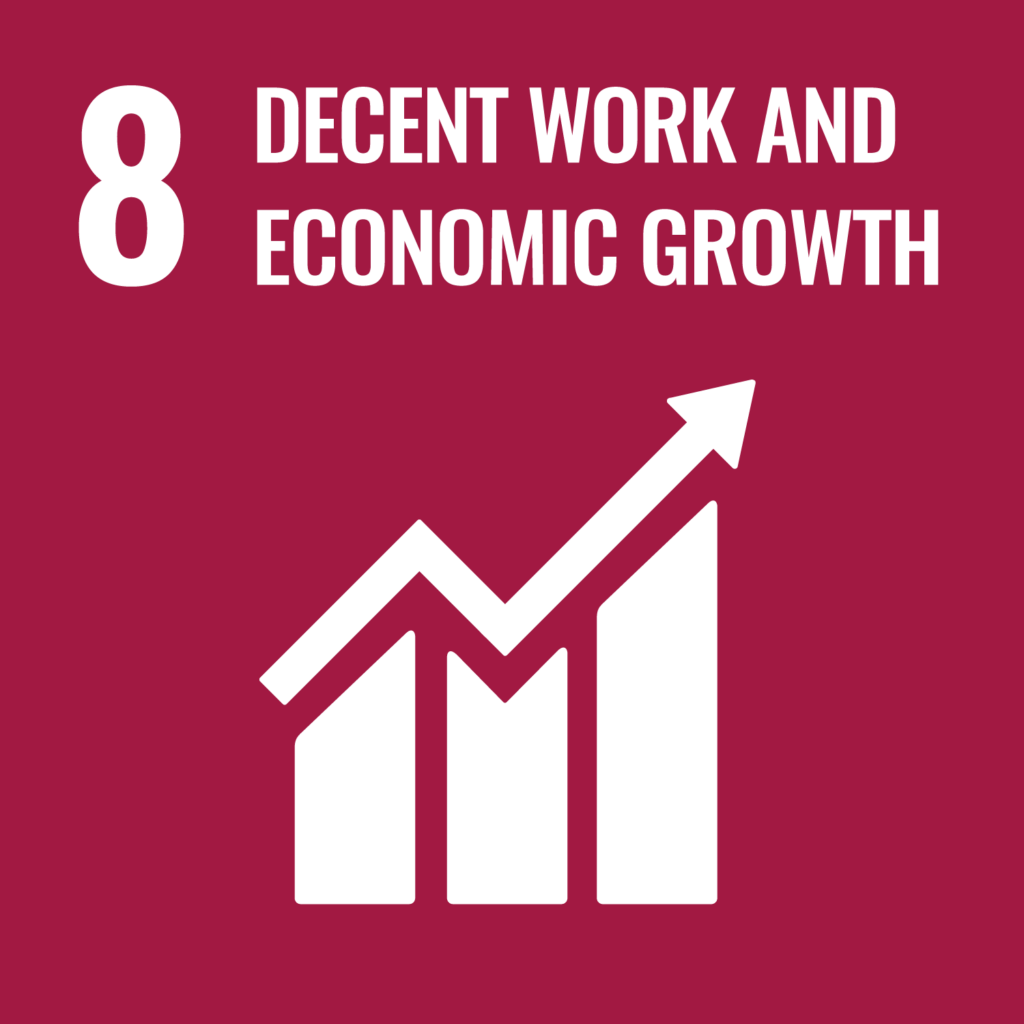
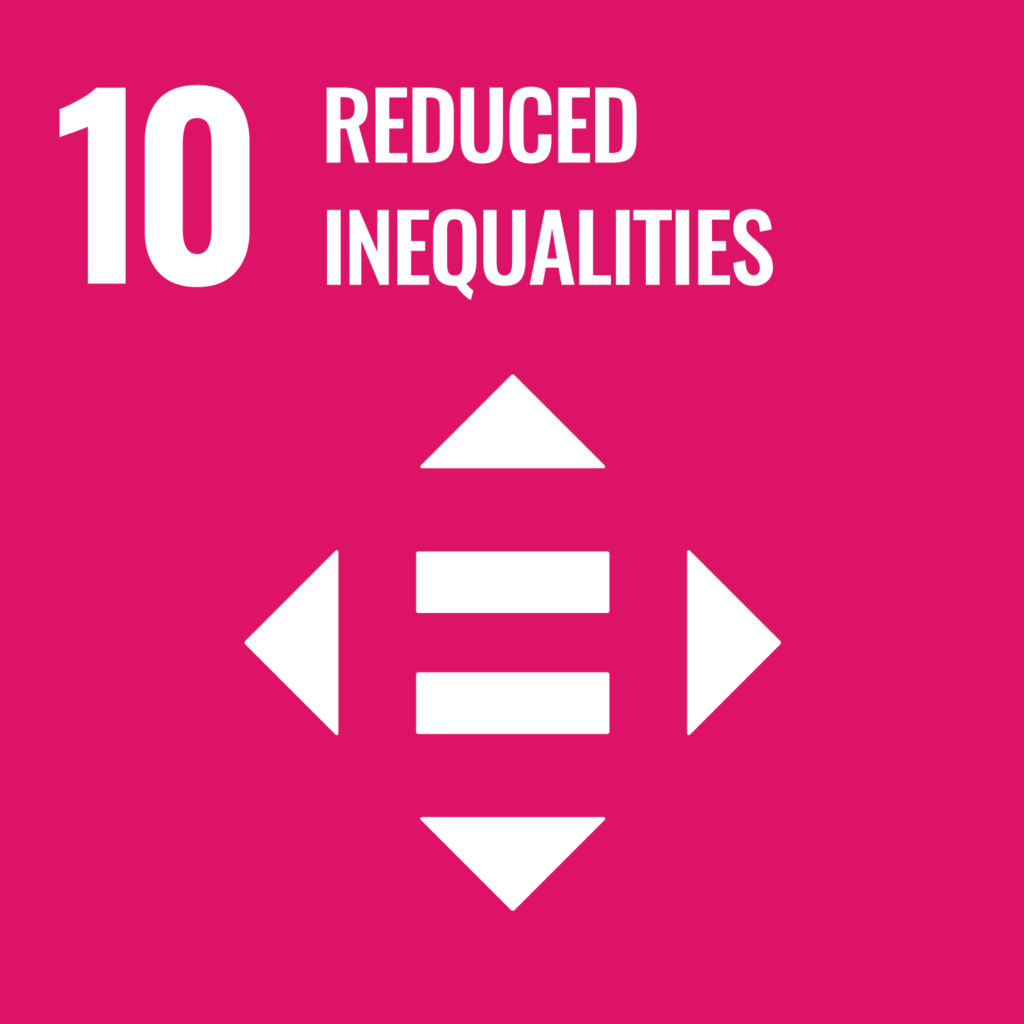
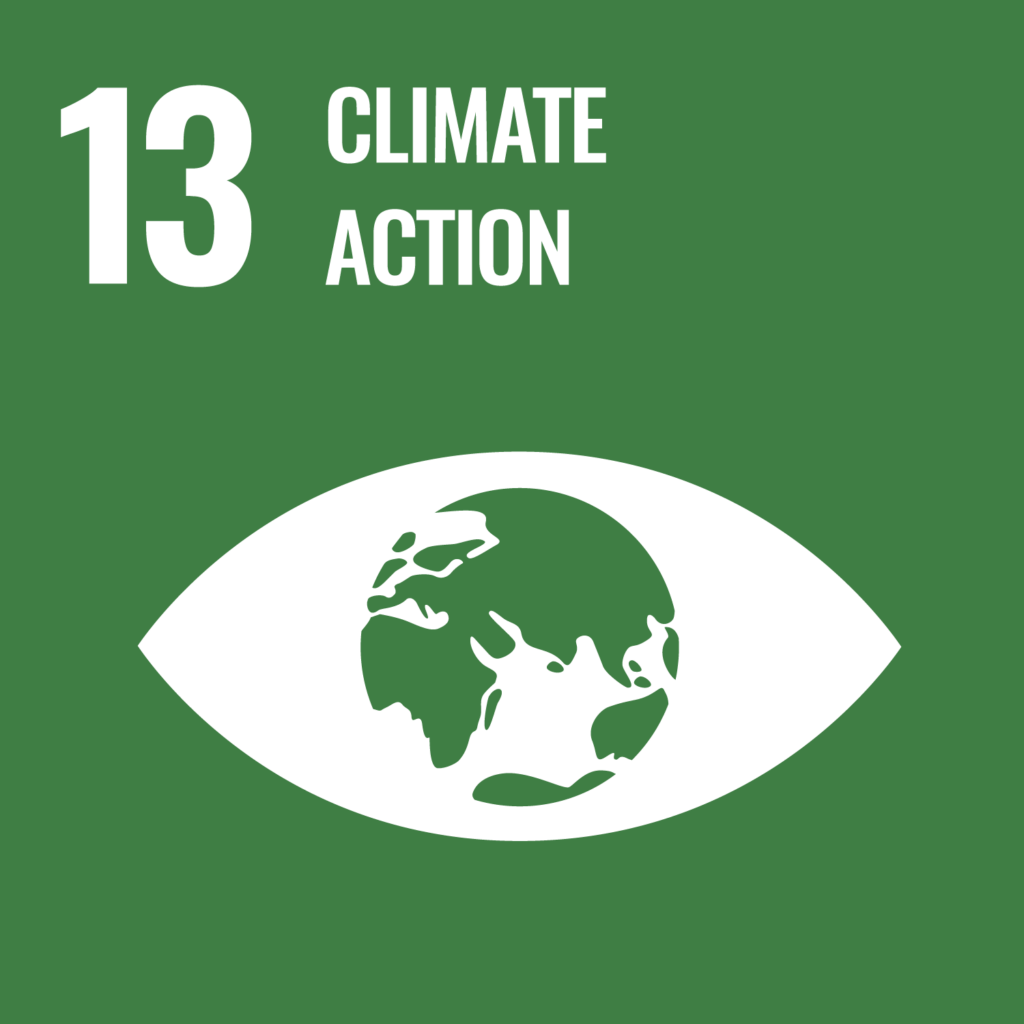
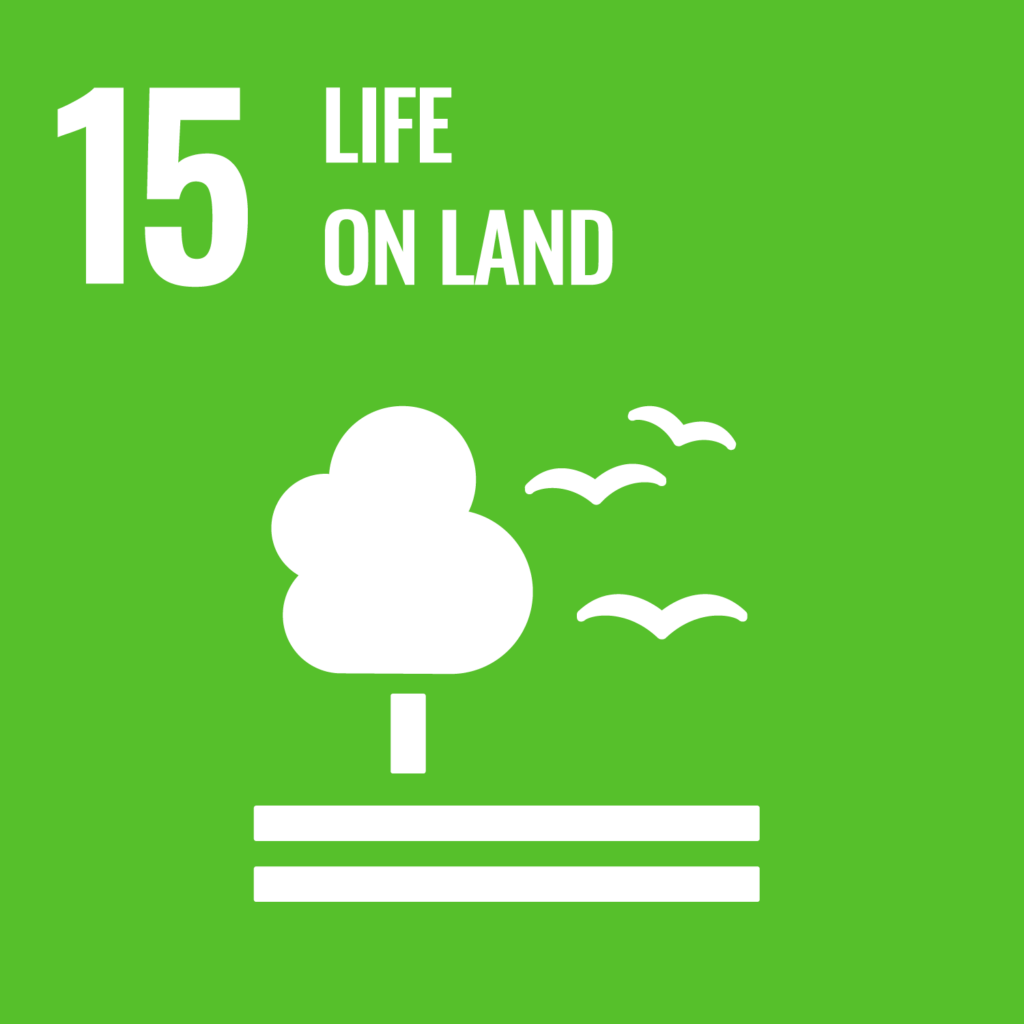
This project contributes to multiple UN Sustainable Development Goals, delivering measurable environmental and social outcomes.
In many rural regions of India, families continue to cook using traditional three-stone or mud stoves fuelled by firewood. These stoves have low thermal efficiency and generate significant smoke, contributing to deforestation and posing severe health risks.
To address these challenges, the project distributes energy-efficient, natural-draft cookstoves free of charge to households in Assam and Madhya Pradesh. As of 2023, more than 72,000 improved cookstoves have been deployed, each capable of converting over 36% of wood energy into usable heat.
The improved stoves significantly reduce wood consumption, lower CO₂ emissions, and create healthier indoor environments. Local partners support stove distribution, deliver training on proper use and maintenance, and ensure that communities receive long-term benefits.
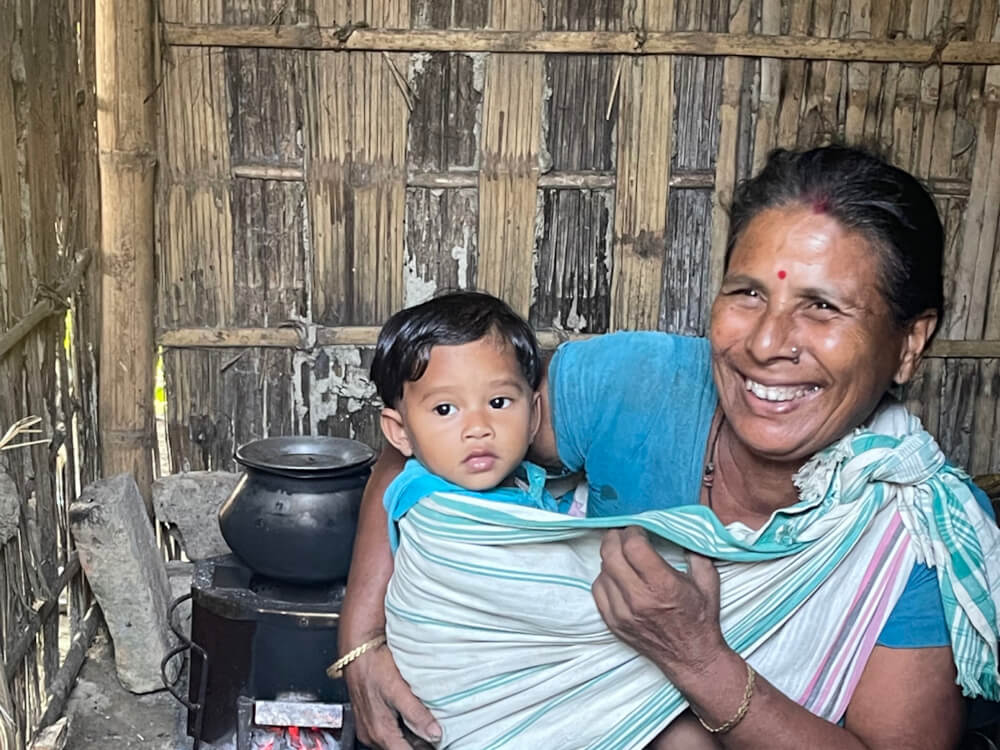
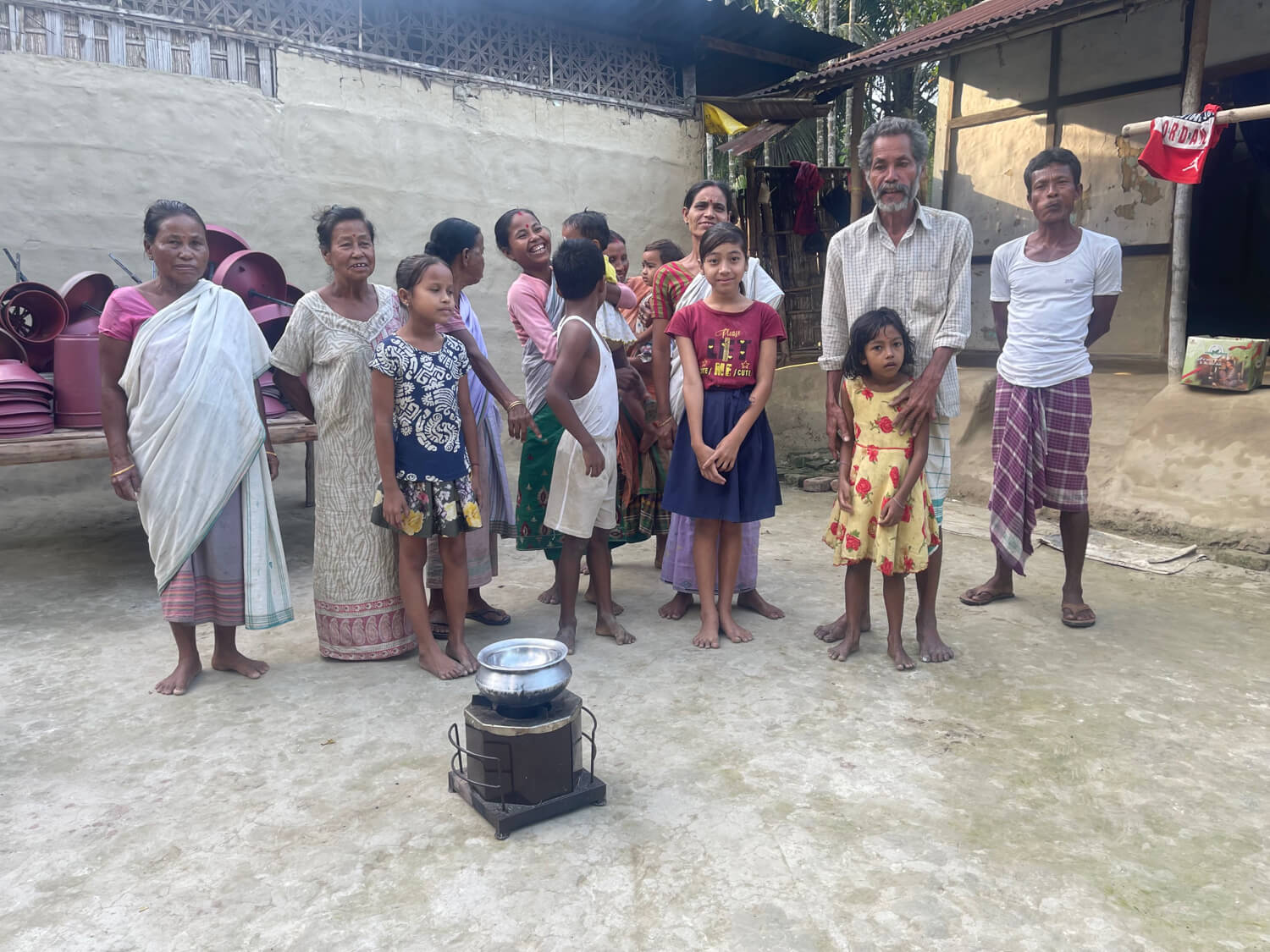
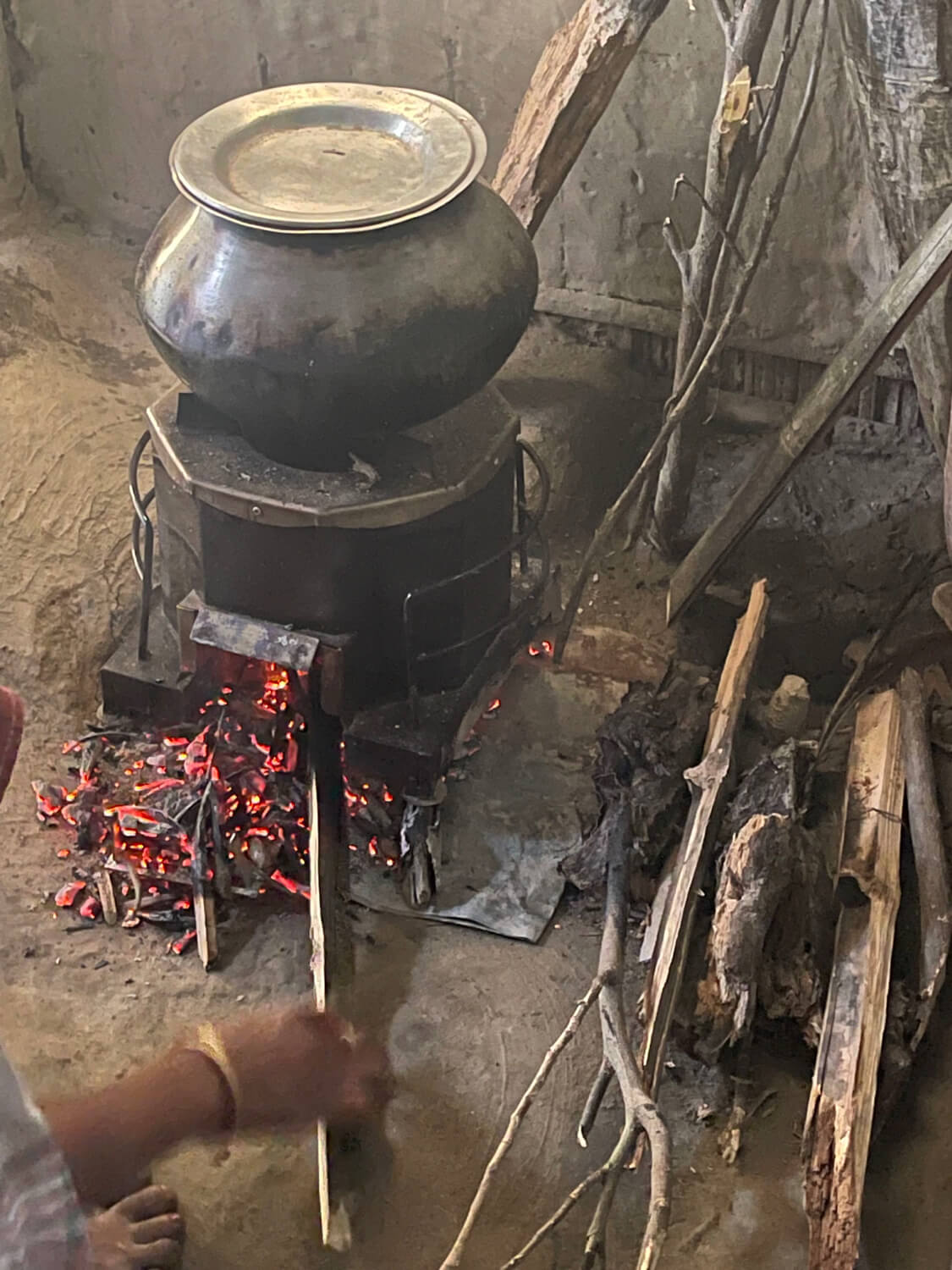
Anthesis supports this initiative through the purchase of verified carbon credits issued under the VCS, helping to scale clean cooking access across underserved communities.
As a founding member of ICROA, Anthesis adheres to the highest integrity standards in the voluntary carbon market. All supported carbon projects undergo regular independent audits to verify climate impact, social benefits, and robust monitoring processes.
All Anthesis-supported carbon removal projects undergo independent verification to confirm permanent carbon storage and measurable environmental benefits. Projects must demonstrate alignment with UN SDGs 12, 13, and 15, promote soil and ecosystem health, and deliver robust climate and nature outcomes.
Through rigorous auditing, monitoring, and adherence to international standards, Anthesis ensures all projects provide credible, lasting impact for both climate and local communities.
Get expert guidance on selecting and purchasing credible carbon credits from Anthesis.
Discover our carbon project development expertise and explore our existing carbon projects